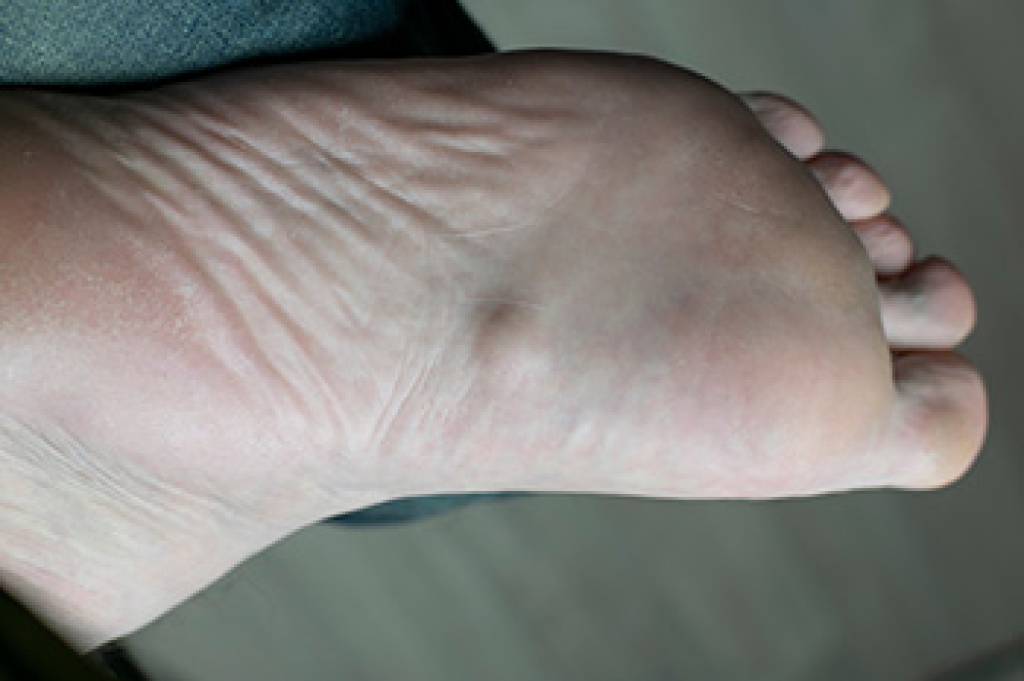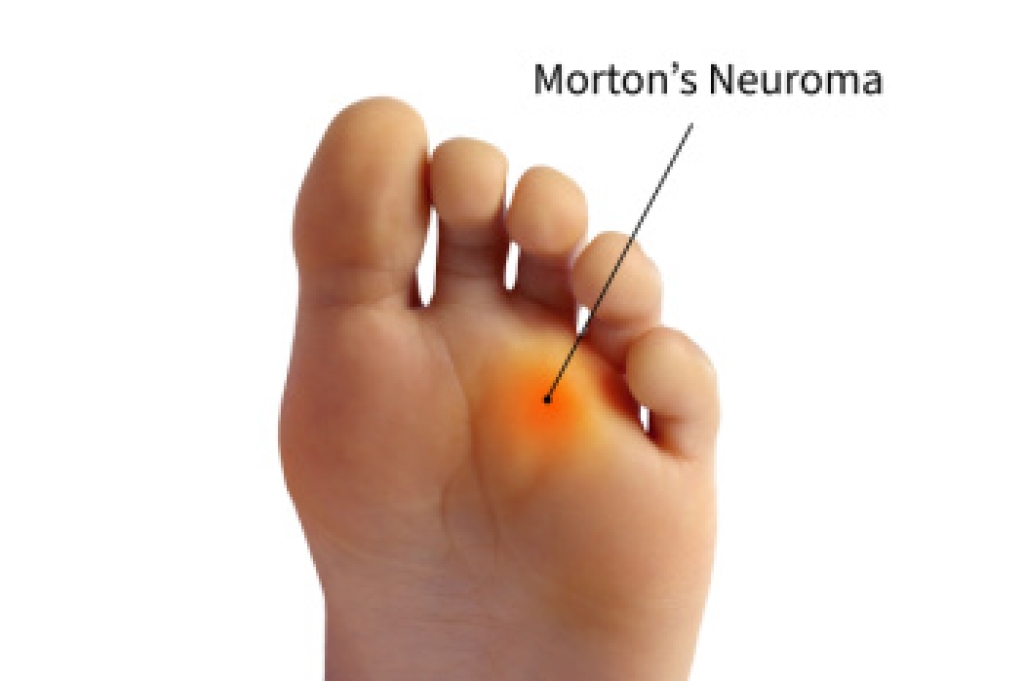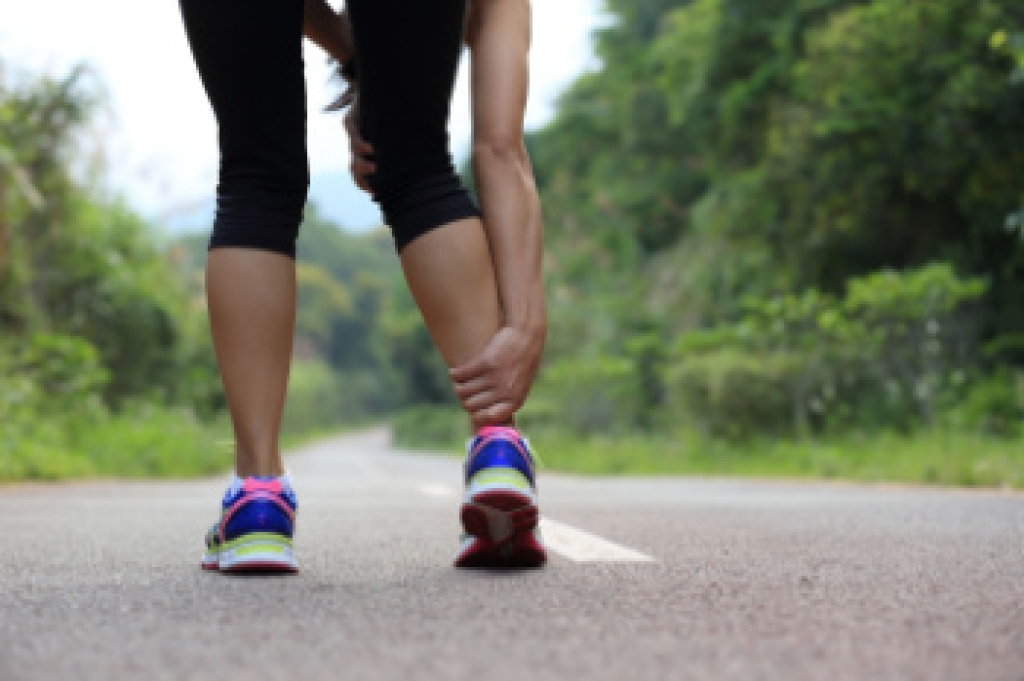
Morton's neuroma is a painful condition involving thickening of the tissue surrounding a nerve, most commonly between the third and fourth toes. It is often caused by repetitive pressure, wearing improper footwear, high-impact activities, or abnormal foot mechanics that compress the nerve. Symptoms include burning pain in the ball of the foot, tingling, numbness, and the sensation of standing on a small pebble. When conservative treatments do not relieve discomfort, surgery may be recommended to remove the affected nerve tissue and reduce persistent pain. A podiatrist can diagnose the condition, provide conservative care, and determine whether surgery is appropriate. If you have pain in this part of your foot, it is suggested that you consult a podiatrist who can provide a diagnosis and treatment.
Foot surgery is sometimes necessary to treat a foot ailment. To learn more, contact one of our podiatrists of Cleveland Foot & Ankle Clinic. Our doctors will assist you with all of your foot and ankle needs.
When Is Surgery Necessary?
Foot and ankle surgery is generally reserved for cases in which less invasive, conservative procedures have failed to alleviate the problem. Some of the cases in which surgery may be necessary include:
- Removing foot deformities like bunions and bone spurs
- Severe arthritis that has caused bone issues
- Cosmetic reconstruction
What Types of Surgery Are There?
The type of surgery you receive will depend on the nature of the problem you have. Some of the possible surgeries include:
- Bunionectomy for painful bunions
- Surgical fusion for realignment of bones
- Neuropathy decompression surgery to treat nerve damage
Benefits of Surgery
Although surgery is usually a last resort, it can provide more complete pain relief compared to non-surgical methods and may allow you to finally resume full activity.
Surgical techniques have also become increasingly sophisticated. Techniques like endoscopic surgery allow for smaller incisions and faster recovery times.
If you have any questions, please feel free to contact our offices located in Cleveland, Independence, and Kent, OH . We offer the newest diagnostic and treatment technologies for all your foot care needs.




